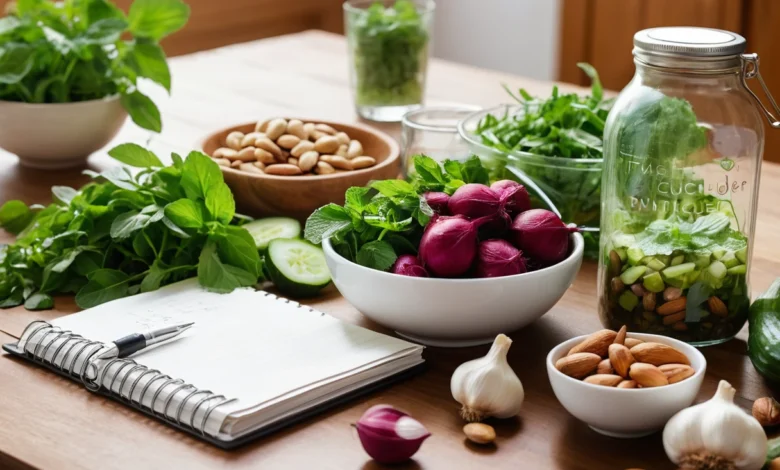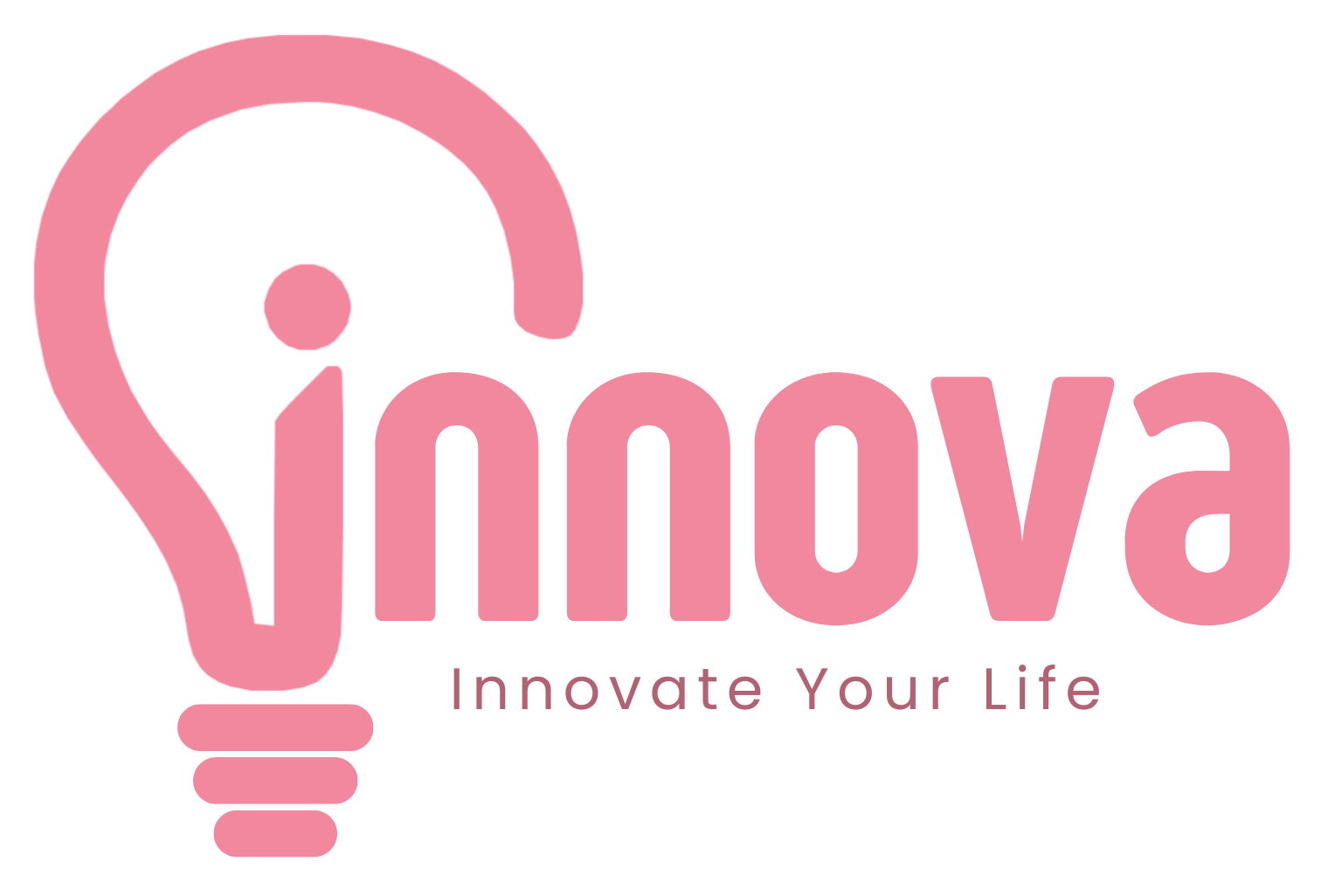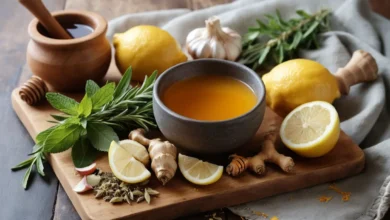Remedies to Control High Blood Pressure Naturally

High blood pressure, also known as hypertension, is a silent yet significant health concern that affects millions of people worldwide. It can lead to severe complications, including heart disease, stroke, and kidney damage. While medications are often prescribed to manage hypertension, many individuals seek natural remedies to help control their blood pressure levels. This article will explore effective strategies to manage high blood pressure naturally, empowering you to take charge of your health.
Understanding High Blood Pressure
High blood pressure occurs when the force of the blood against the artery walls is consistently too high. This condition can result from various factors, including poor diet, lack of physical activity, stress, obesity, and genetics. It’s essential to monitor your blood pressure regularly and consult a healthcare professional for appropriate guidance.
1. Adopt a Heart-Healthy Diet
A balanced diet rich in fruits, vegetables, whole grains, lean proteins, and healthy fats can significantly impact blood pressure levels. The Dietary Approaches to Stop Hypertension (DASH) diet is particularly effective, emphasizing:
- Fruits and Vegetables: Aim for at least five servings a day to increase potassium intake, which helps balance sodium levels.
- Whole Grains: Incorporate whole grains like brown rice, quinoa, and whole wheat bread to improve heart health.
- Lean Proteins: Choose lean meats, fish, and plant-based proteins such as beans and lentils.
- Healthy Fats: Include sources of omega-3 fatty acids, such as fatty fish, walnuts, and flaxseeds.
2. Reduce Sodium Intake
Excess sodium is a major contributor to high blood pressure. Limiting sodium intake to less than 2,300 mg per day—or even 1,500 mg for those with hypertension—can lead to significant improvements. Here are some tips to reduce sodium in your diet:
- Read Labels: Check food labels for sodium content and choose low-sodium options.
- Cook at Home: Preparing meals at home allows you to control the amount of salt used.
- Use Herbs and Spices: Flavor your food with herbs, spices, and citrus instead of salt.
3. Maintain a Healthy Weight
Carrying excess weight can increase your risk of high blood pressure. Losing even a small amount of weight can help lower your blood pressure significantly. Focus on achieving a healthy body weight through a combination of diet and regular exercise.
4. Engage in Regular Physical Activity
Physical activity is vital for managing blood pressure. Aim for at least 150 minutes of moderate-intensity aerobic exercise each week, such as brisk walking, swimming, or cycling. Regular exercise can help lower blood pressure by improving heart health and reducing stress levels. Even simple activities like gardening or taking the stairs can contribute to your overall fitness.
5. Manage Stress Effectively
Chronic stress is a common contributor to high blood pressure. Implementing stress-reduction techniques can have a positive impact on your health. Consider the following methods:
- Deep Breathing Exercises: Practice deep breathing to promote relaxation and reduce tension.
- Meditation and Mindfulness: Engage in meditation or mindfulness practices to manage stress effectively.
- Hobbies and Leisure Activities: Set aside time for activities you enjoy to help alleviate stress.
6. Limit Alcohol Consumption
Excessive alcohol intake can raise blood pressure levels. It’s essential to drink in moderation—up to one drink per day for women and two for men. If you don’t drink alcohol, there’s no need to start, as many non-alcoholic alternatives can be just as enjoyable.
7. Quit Smoking
Smoking is a significant risk factor for hypertension and cardiovascular diseases. Quitting smoking can improve your heart health and lower your blood pressure. Seek support from healthcare professionals or smoking cessation programs if needed.
8. Incorporate Potassium-Rich Foods
Potassium plays a crucial role in balancing sodium levels and regulating blood pressure. Incorporate potassium-rich foods into your diet, such as:
- Bananas
- Sweet Potatoes
- Spinach
- Avocados
- Oranges
9. Stay Hydrated
Proper hydration is essential for overall health and can help maintain optimal blood pressure levels. Aim to drink at least eight glasses of water daily. Herbal teas and infused water can also contribute to your hydration goals.
10. Consider Herbal Remedies
Certain herbs and supplements have been shown to support healthy blood pressure levels. Some effective options include:
- Garlic: Known for its heart-health benefits, garlic can help lower blood pressure when consumed regularly.
- Hibiscus Tea: Drinking hibiscus tea may help reduce systolic and diastolic blood pressure.
- Omega-3 Fatty Acids: Found in fish oil, flaxseeds, and walnuts, omega-3 fatty acids can promote heart health.
Frequently Asked Questions About High Blood Pressure
Q: What is considered high blood pressure?
A: A blood pressure reading of 130/80 mm Hg or higher is generally classified as high blood pressure.
Q: How often should I check my blood pressure?
A: If you have high blood pressure, monitor it regularly—at least once a week at home or as advised by your healthcare provider.
Q: Can high blood pressure be reversed?
A: While it may not always be reversible, high blood pressure can often be effectively managed and controlled through lifestyle changes.
Q: Are there specific foods to avoid for hypertension?
A: Yes, avoid foods high in sodium, saturated fats, and added sugars, such as processed snacks, fast food, and sugary beverages.
Q: How long does it take to see improvements in blood pressure with lifestyle changes?
A: Improvements can often be seen within a few weeks to months after implementing healthy lifestyle changes.
Conclusion: Take Charge of Your Blood Pressure Naturally
Managing high blood pressure doesn’t have to rely solely on medication. By implementing these natural remedies and lifestyle changes, you can take control of your health and lower your blood pressure effectively. Focus on a balanced diet, regular exercise, and stress management to empower yourself toward better cardiovascular health. Always consult with a healthcare professional before making significant changes to your health regimen, especially if you have existing medical conditions.





